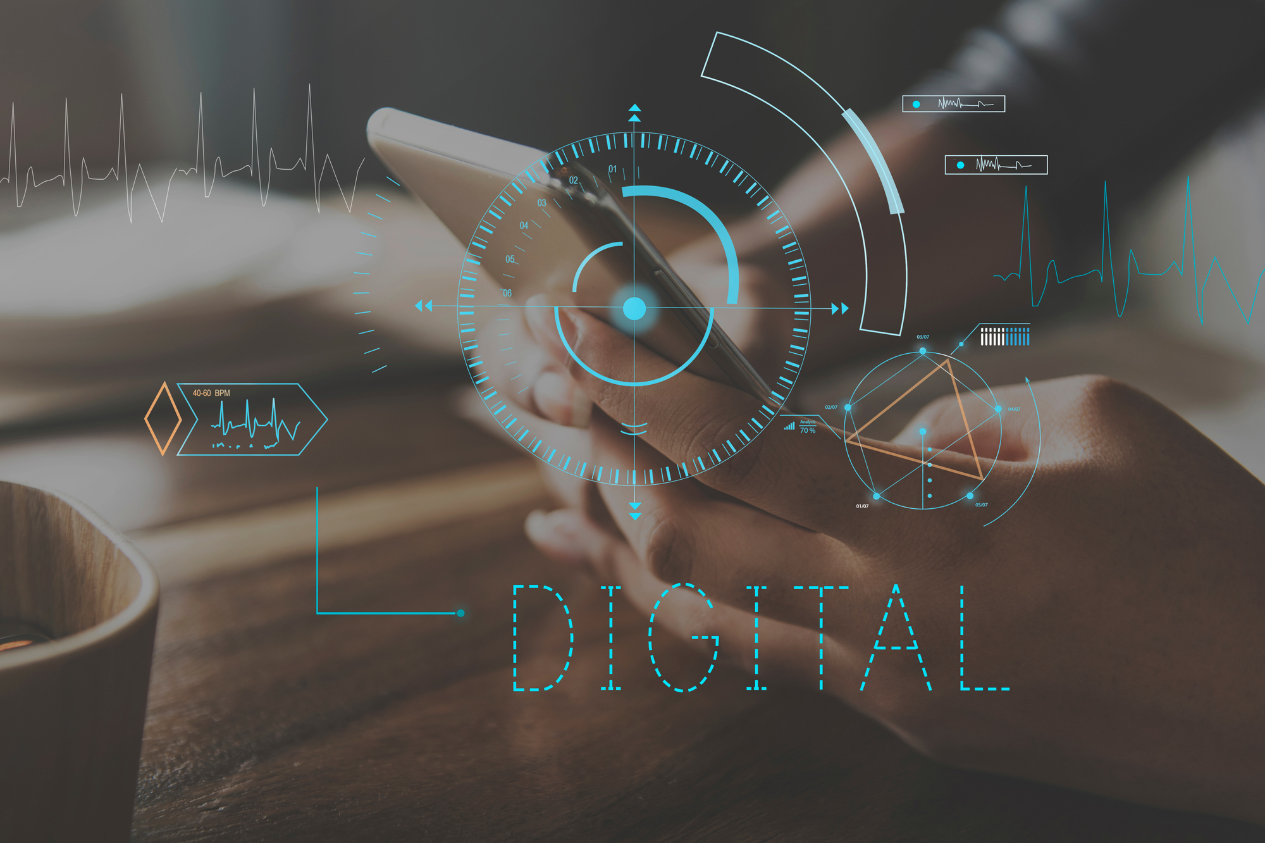
The Digital Concierge is Here: Why Gen Z Talent Is Skipping the Front Desk

In India's expanding hospitality industry, a sudden shift is occurring: Gen Z professionals are beginning to skip the customary front-desk roles and are now finding themselves more interested in digital concierge India roles. Partly, this shift is indicative of a larger trend in which technology is being incorporated in guest experience, and this trend is changing the way hotels hire—and the way hotels provide service. Below is an extensive evaluation of the reasons behind the increase in Gen Z hotel jobs, front desk alternatives 2025, and tech jobs in hospitality—and what it means for the future.
From Desk to Device: What Is a Digital Concierge?
A digital concierge is an app, AI or tech-enabled platform that allows guests to check in, request services, make reservations, etc., without interacting face-to-face with a physical front desk. Guests are able to perform activities such as check-in, unlock their rooms, order services and access amenities via mobile apps, kiosks or smart devices without any need for an associated in-person interaction.
In India, mobile adoption and mobile-first experiences are already the norm, and hotels are beginning to implement digital concierge solutions for efficiencies, cost savings and responding to consumer demand. With its recovery anticipated to be particularly strong following the pandemic, and as part of its digital-first service ethos into 2025, the opportunities for technology-enhanced guest services are evident in both major brands and boutique properties.
Gen Z: Digital Natives Choosing Digital Roles
So, why are Gen Z professionals distancing themselves from traditional front desk roles in favour of “tech jobs in hospitality"? Here are the main points:
a. Digital fluency & expectations.
Gen Z professionals grew up in the analogue and digital times, and they have experienced massive changes in technology, software, apps, social media, communications, and somewhat of a somewhat philosophical detachment from "physical" involvement in personal experiences.
They are naturally inclined to take roles that allow them to use their preferred tools. Should "tech-enabled guest experience" include managing a digital concierge that guests interface with or building user journeys in hotel apps? In either case, using technology as part of the service they provide aligns with their view of current and modern service.
b. Meaningful, impactful work.
Front-desk work is inherently structured, done the same way over and over as part of a systematic, multi-step process. Working in technology-enabled guest experience systems has much more flexibility and involves creativity, problem-solving, as well as the possibility to collaborate with designers and engineers to enhance whatever you happen to be working on. For Gen Z types, the option to elevate and enhance guests' experiences using technology or digital specifically is arguably more rewarding than just processing keycards.
c. Career Growth & Future-Proofing
Hospitality is changing, and those who immerse themselves in the front desk competition area of 2025 roles are getting ahead of themselves. Being knowledgeable in digital concierge platforms will open doors in product design, operations analyst, user experience roles, and even leadership roles in the "tech & service" industry.
d. Work-Life Flexibility & Hybrid Models
Digital guest experience jobs may offer hybrid remote-work models without fixed hours (monitoring the systems, data analysis, and updating applications). Being able to provide a flexible work environment, combined with Gen Z's value of balanced workflow and choice of versatile work style.
The Technological Stack Affecting Changes to Roles
To begin to understand this shift, let's explore the technologies that have contributed to it:
- App-based Check-in & Mobile Keys
Guests using hotel apps can pre-check in, receive mobile keys, and avoid reception entirely to cut down on queues and front desk traffic. The staff members operating these systems are typically more IT-fluent, engaging in activities such as configuring application settings, following standard security protocols, and helping guests with user issues.
- AI-based Virtual Concierges
Chatbots and voice assistants can manage everything from spa bookings and room service orders. Creating, training, and managing artificial intelligence interfaces requires insights from the data collected, an understanding of conversational UX, ongoing monitoring and refinement, and sensitivity to data privacy.
- Kiosks & Touch-Screen Stations
Self-service kiosks in lobbies provide easy access to information. Technically-savvy team members can oversee uptime and address hardware issues, guest interactions, and lots of other things that exceed the tasks of a typical front desk employee.
- Integration & Analytics Platforms
Also, the seamless experience that a guest encounters depends on the connection between the PMS (property management systems), CRM, F&B, housekeeping, and other systems. As hospitality has evolved, integration platforms and roles that focus on integration, workflow, and analytics optimisation are becoming a strongly needed backbone in hospitality.
The Indian Context: Digital Concierge India
The trend of digital concierge is fast-accelerating in India’s hospitality industry. Hotel brands in metropolitan locations like Delhi, Mumbai, Bengaluru, and Hyderabad are experimenting with AI chatbots and mobile check-ins, as well as in-house apps (many linked to India-based tech startups).
- Demand for Tech-Ready Talents -
Hotels are telling us that candidates with mobile app experience, basic code knowledge, or CRM analytics skills are in high demand. These roles, called tech roles when posted, come alongside the traditional "front desk associate" positions.
In cases where apps refer to the content formerly known as "front desk," they are now referencing roles such as “Guest Experience Technologist,” “Digital Guest Services Specialist,” or combinations like hospitality and IT.
- Upskilling and Training
Indian hospitality training schools are also responding with new subjects on hospitality technology, adding hybrid modules such as digital concierge operations and artificial intelligence service design, and mobile-enabled user experience, in addition to traditional hospitality topics.
If you are a Gen Z worker contemplating your career path in hospitality:
Build tech competencies: Familiarise yourself with app-based hotel systems (ex, OPERA by Oracle, Amadeus digital tools), AI platforms, basic analytics tools, and UX principles as they relate to the guest experience.
Brand your hybrid skill set: When you apply, focus your introduction on digital fluency and hospitality awareness. Use specific examples of how you can take guest service to a higher level using technology.
Seek certifications: Short MOOCS or certificates on service design, hospitality technology, or AI for customer service will improve your resume.
Network in the intersection space: Go to hospitality technology meetups, conferences in India and startup-hospitality events to build your presence in the connected space.
The Future: Alternatives to the Front Desk—and the Front Desk’s Future by 2025+
As we look ahead to 2025+, a variety of front desk functions may become fully automated - self-check-in kiosks, mobile keys, AI Chat, etc.- leaving only more complex tasks in the hands of staff. If anything, it is not that the front desk will disappear, but we are on the verge of approaching a front desk alternative ecosystem, scratching the surface of new operational functions focused on technology, guest journeys, data insights and service innovation.
Related Blogs

The Rise of Boutique Hotels: Recruiting for Experience, Not Size
74 Views

Top 5 Hospitality Roles Most in Demand This Quarter
72 Views

Hospitality Staffing During Mega Events: Case Study from Bengaluru’s Nutfest
87 Views

Festival Hospitality: What Food Events Teach About Guest Management & Staffing
194 Views

Little Guests, Big Smiles: How Hotels Design Family-Friendly Experiences
172 Views